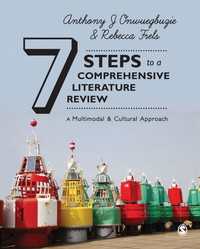- ホーム
- > 洋書
- > 英文書
- > Politics / International Relations
基本説明
Summarises the empirical evidence from the education, health care, social care and criminal justice fields about how research is used and how this can be improved.
Full Description
This book provides a timely and novel contribution to understanding and enhancing evidence use. It builds on and complements the popular and best-selling "What Works?: Evidence-based policy and practice in public services" (Davies, Nutley and Smith, Policy Press, 2000), by drawing together current knowledge about how research gets used and how this can be encouraged and improved. In particular, the authors explore various multidiscipliary frameworks for understanding the research use agenda; consider how research use and the impact of research can be assessed; summarise the empirical evidence from the education, health care, social care and criminal justice fields about how research is used and how this can be improved and draw out practical issues that need to be addressed if research is to have greater impact on public services. "Using evidence" is important reading for university and government researchers, research funding bodies, public service managers and professionals, and students of public policy and management. It will also prove an invaluable guide for anyone involved in the implementation of evidence-based policy and practice.
Contents
Introducing the issues; What does it mean to 'use' research?; What shapes the use of research?; Descriptive models of the research impact process; Improving the use of research: What's been tried and what might work?; What can we learn from the literatures on learning, knowledge management and the diffusion of innovations?; Improving research use in practice contexts; Improving research use in policy contexts; How can we assess research use and wider research impact?; Drawing some conclusions on "Using evidence".
-

- 電子書籍
- 空、はてしない青 下
-

- 洋書電子書籍
- 抜けのない文献レビュー7つのステップ<…






